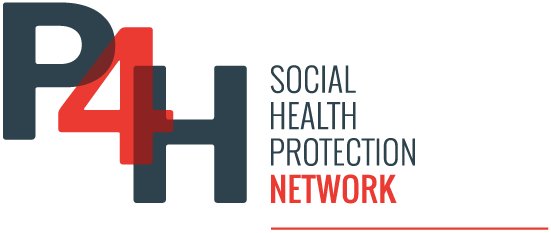Providing financial protection in health for low-income populations: a comparison of health financing designs in East Asia
This study compared health financing schemes for low-income populations across six East Asian societies, analyzing eligibility, coverage, and benefits. Results showed Taiwan, Hong Kong, and South Korea provide stronger financial protection, while mainland China lags...
Less is more: consumers’ preferences for value-based insurance design in Switzerland
This study used a discrete choice experiment in Switzerland to examine consumer preferences for value-based insurance design (VBID). Findings showed a strong status quo bias and resistance to higher cost-sharing or limiting low-value care, with preferences varying by...

One in five women in WHO Southeast Asia region covered under health insurance
In WHO Southeast Asia, only 1 in 5 women and 1 in 4 men have health insurance, with major gaps due to cultural, economic, and systemic factors. Tailored policies, stronger financing, and community education are needed to boost coverage and achieve Universal Health...
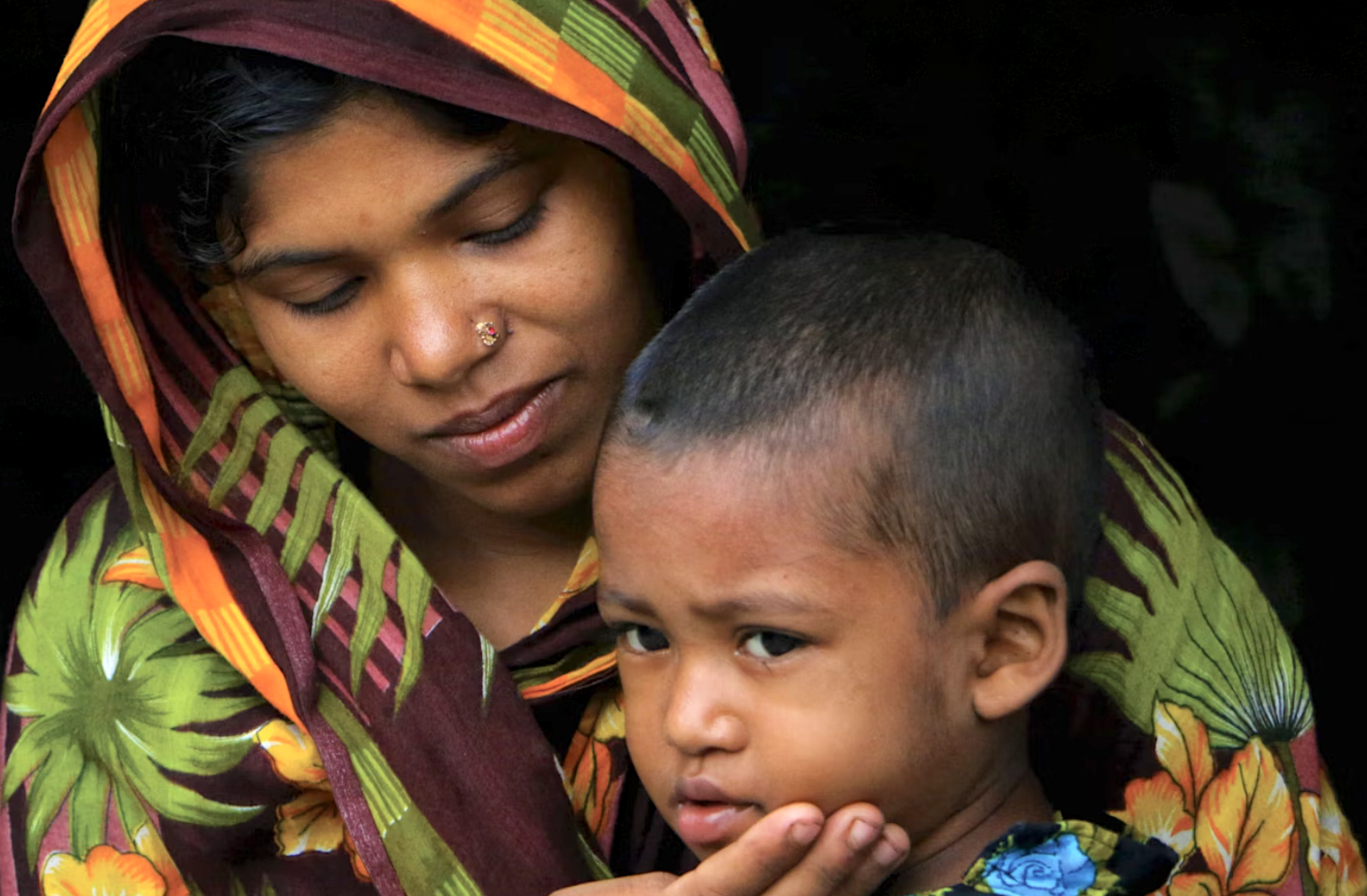
Multiyear presence of P4H-CFP adds to Cambodia’s progress towards UHC
P4H country focal person Niccolò Rotigliano supported Cambodia’s progress towards universal health coverage (UHC) between 2021 and 2024 through policy dialogue, topical analyses, tax reform studies, workshops and other efforts. He helped foster collaboration, inform...
Challenging inadequate and fragmented primary health care financing: findings from Bangladesh, Indonesia, Maldives, and Nepal
Strengthening primary health care (PHC) is crucial for universal health coverage in South-East Asia, but sustainable public financing remains a challenge in Bangladesh, Indonesia, Maldives, and Nepal. This study, based on extensive document review and interviews,...

Sweden rejects EU plan to fund budget with tobacco tax
The EU is weighing major tobacco tax hikes and new levies for its 2028–2034 budget, but Sweden and others oppose high taxes on nicotine pouches, citing harm reduction. Critics warn pouches may lead to youth addiction and note limited research.A recent proposal from...
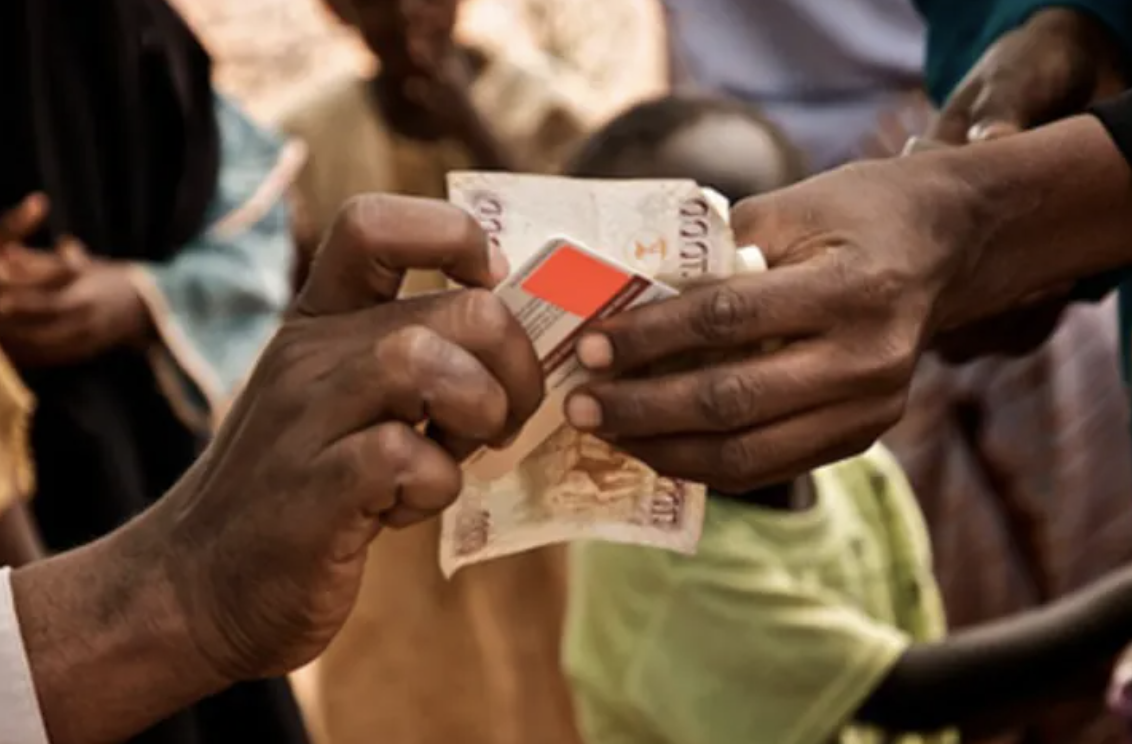
The impact of conditional cash transfers: The Lancet Public Health July 2025 issue
A new Lancet Public Health editorial highlights the wide-reaching impact of conditional cash transfers on health, equity, and economic resilience—especially in times of fiscal strain.In its July 2025 issue, The Lancet Public Health spotlights the transformative role...
Financial toxicity of hemophilia care in Southeast Asian countries
In their recent Viewpoint published in The Lancet Regional Health – Southeast Asia, authors Jose Marco Antonio II, Stephanie Wang, Frederic Ivan L. Ting, Jeremiah R. Vallente, Edward Christopher Dee, and Erin Jay G. Feliciano examine the pressing issue of financial...
Strategies for improving migrant health in Iran: a realist review
This realist review of 67 studies identified 27 strategies to enhance migrant health in Iran, focusing on trust-building through intersectoral governance, inclusive insurance to reduce financial barriers, cultural competency to improve accessibility, and community or...
Public Vs. Private Health Insurance in Germany
In Germany, every resident must have health insurance, choosing between public statutory insurance, which is income-based, covers essential care, and includes dependents at no extra cost, or private insurance, which offers modular plans with potentially faster access...
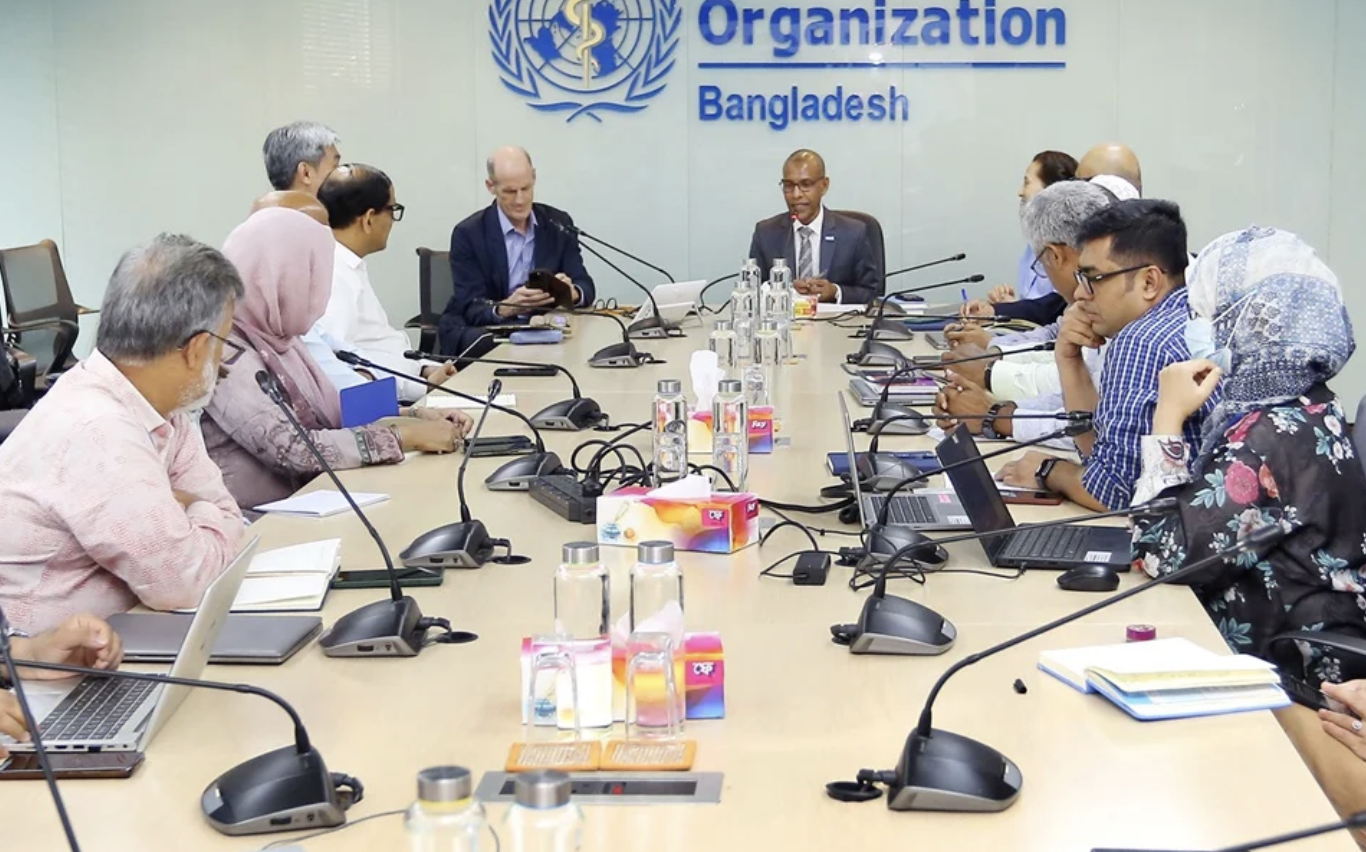
Shastha Chorcha Forum: Advancing Universal Health Coverage in Bangladesh
The second “Shastha Chorcha” by WHO Bangladesh gathered global and local health leaders to address challenges in achieving Universal Health Coverage. Emphasis was placed on innovation, leadership, community engagement, and collaboration for sustainable health...
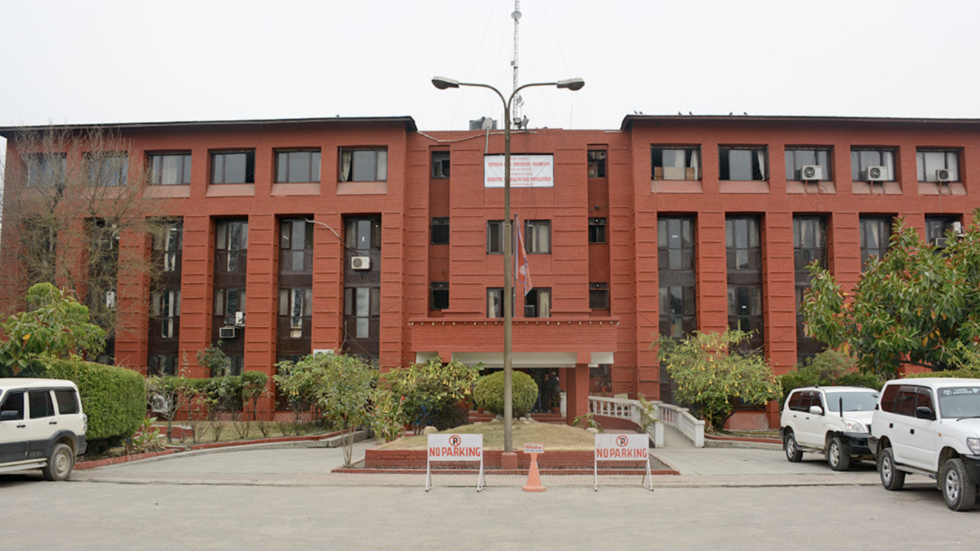
Nepal Health Minister announces doubling of insurance support for patients with severe illnesses
Nepal will double health insurance support for eight critical illnesses to Rs 200,000 from July, also expanding enrollment, funding, and including compulsory insurance for government employees for greater program sustainabilityNepal’s Minister for Health and...

Hungary Freezes Prices on Dozens of Medicines to Protect Families and Pensioners
Hungary’s government and pharmaceutical sector agreed to freeze prices on 44 common medicines at end-2024 levels until June 2026, aiming to curb inflation and protect families and pensioners from unjustified price hikesHungary has entered a voluntary agreement with...
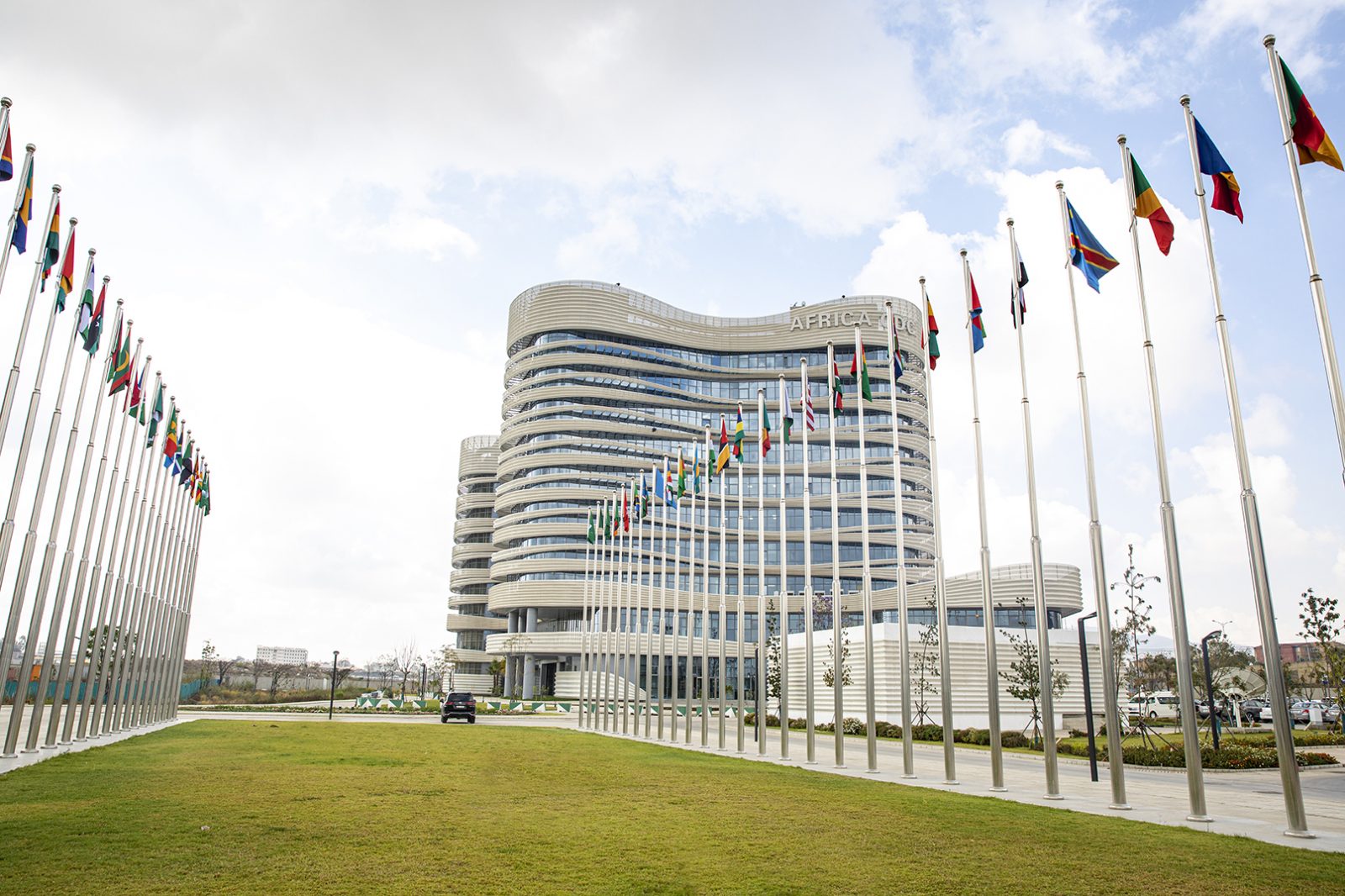
Africa CDC launches digital portal to boost NTD elimination efforts across 50 countries
Africa CDC and partners launch a digital portal to help 50 AU countries plan and finance efforts to eliminate NTDs by 2030, aligning with AU’s Agenda 2063 and national health strategies.Fifty African Union Member States have endorsed a new digital micro-planning...
Designing a Roadmap for Health Technology Assessment Implementation in Algeria
This 2024 article aims to characterize the status of Health Technology Assessment (HTA) in Algeria and describe the future directions for HTA implementation according to the priorities set by local stakeholders
